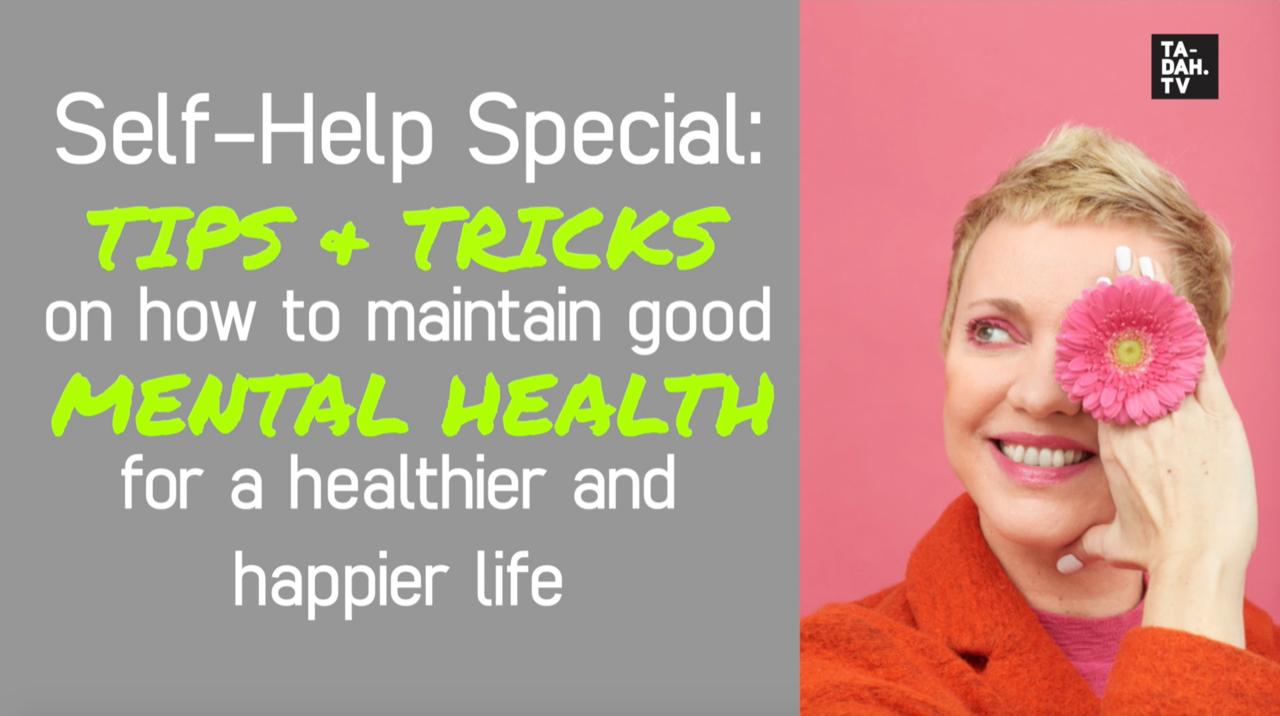Beer festivals serve two great purposes: sample as many different tastes and flavours as you can in a lifetime…and make friends easily! Belgium, Germany, Spain, Latvia and even Switzerland are amongst the many countries celebrating the precious wet base on hops. Everybody knows about the Oktoberfest, being the biggest beer festival in the world, but check the listing below to get to the more boutique events for all beer fans.

Sip, Savour and Celebrate: The Best Beer Festivals in Europe
Calling all beer aficionados! Europe is a haven for hop-heads, boasting a vibrant craft beer scene and a long-standing tradition of celebrating all things sudsy. That’s why TA-DAH.TV is checking out the best beer festivals in Europe.
From traditional Bavarian bashes to cutting-edge craft showcases, the continent offers a bevy of boozy festivals to tantalize your taste buds and immerse you in the world of beer.
So, grab your stein and get ready to embark on a journey through Europe’s best beer festivals!
What Makes European Beer Festivals Special?
European beer festivals are more than just a chance to sample delicious brews. They are vibrant cultural experiences offering a unique blend of tradition, community, and of course, exceptional beer.
But what makes them truly stand out? Well, we like to think there are several good reasons to get along to a celebration near you. Here are just four though:
- Immersion in Local Culture: Each festival reflects the local culture and brewing traditions, offering a glimpse into the region’s history and heritage.
- Celebration of Craft: Many festivals champion the burgeoning craft beer scene, showcasing innovative brews and small-batch creations from passionate brewers.
- Festive Atmosphere: Expect live music, delicious food pairings, and a lively atmosphere that brings people together in a shared love for beer.
- Educational Opportunities: Many festivals offer workshops, seminars, and tastings, allowing you to deepen your knowledge and appreciation for the art of brewing.
- Steeped in History: The art of brewing has been perfected over centuries in Europe. From the strong and malty German bocks to the complex and fruity Belgian ales, European brewers have mastered the craft. Many of the continent’s beer festivals reflect this rich history.
5 European Beer Festivals You Need to Try
With hundreds of annual celebrations across the continent, how do you know which ones to get on your calendar? We can help there.
If you checked out our experience of ‘Natur Pur’ wine festival in Germany, you’ll know we’re a fan of a glass-clinkingly good celebration. With that in mind, we’ve narrowed down your pick of pilsner parties to these top 5 events you need to experience:
1. Oktoberfest: The King of Beer Festivals
Oktoberfest is undoubtedly the most famous beer festival in the world, and for good reason. Held annually in Munich, this legendary event attracts millions of visitors who come to enjoy its unique blend of Bavarian culture, music, food, and, of course, beer.
The festival features massive beer tents, each run by one of Munich’s historic breweries, offering their finest brews in traditional one-liter steins.
Why It’s Popular:
- Authentic Bavarian Experience: Oktoberfest is steeped in tradition, from its dirndls and lederhosen to its lively oompah bands.
- Diverse Beer Selection: While the focus is on Munich’s breweries, you’ll find a wide variety of beers to sample.
- Unmatched Atmosphere: The camaraderie and festive spirit make Oktoberfest a once-in-a-lifetime experience.
Why Not Grab Some Time in Frankfurt Too?
If you’ve got some more time in Germany, we’d recommend grabbing a quick flight from Munich over to another gorgeous Bavarian centre, Frankfurt.
Arty aficionados should head to Schrin Kunsthalle where incredible shows are always available. During our time in the city, we caught the Gilbert & George exhibition and Lee Kranser’s ‘Living Colour’ show.
2. Belgian Beer Weekend: A Brewer’s Paradise
Belgium is renowned for its brews, and the Belgian Beer Weekend in Brussels is a testament to that reputation. Held in the picturesque Grand Place, this festival showcases a wide array of Belgian beers, from well-known Trappist ales to innovative craft brews.
Why It’s Popular
- Historic Setting: Enjoy your beer in one of the most beautiful squares in Europe.
- Wide Variety: Sample over 500 different beers from more than 50 Belgian breweries.
- Cultural Experience: Parades, marching bands, and beer-related ceremonies offer a deep dive into Belgian beer culture
3. Prague Beer Festival: A Bohemian Rhapsody
Prague Beer Festival is a must-visit for those looking to explore the rich beer traditions of the Czech Republic.
Held over 17 days, the festival features a vast array of Czech beers, lively entertainment and traditional cuisine. If you saw our food tour of Cadiz with Annie B, you know how much we love some local eats! Back to the beer though, and ith over 150 varieties to try, the Prague festival is a paradise for beer aficionados.
Why It’s Popular
- Authentic Czech Beers: Discover why the Czech Republic is famous for its beer.
- Festive Atmosphere: Enjoy live music, entertainment, and a lively beer garden setting.
- Gastronomic Delights: Pair your beer with delicious Czech dishes like roast pork and sausages.
4. Billie’s Craft Beer Fest: A Craft Beer Heaven
Billie’s Craft Beer Fest in Antwerp is a haven for craft beer enthusiasts. Named after a beloved bulldog, this festival offers a curated selection of the best craft beers from around the world. With a cozy, friendly atmosphere and a focus on quality over quantity, Billie’s Craft Beer Fest is a standout event on the European beer festival calendar.
Why It’s Popular
- Exclusive Craft Beers: Taste rare and unique brews from top-notch craft breweries.
- Intimate Setting: Enjoy a more personal festival experience with passionate brewers and fellow beer lovers.
- Community Vibe: The festival’s small scale fosters a warm, welcoming atmosphere.
5. Budapest Beer Week: A Week of Beer Bliss
From our time exploring Vienna on Valentine’s Day, we know just how gorgeous central European cities are, and the Budapest Beer Week is a celebration of craft beer set against the stunning backdrop of Hungary’s capital.
The event includes a week of beer-related activities, culminating in a grand tasting session featuring local and international breweries. With its mix of traditional Hungarian hospitality and cutting-edge craft brews, Budapest Beer Week is a must-visit for beer enthusiasts.
Why It’s Popular
- Diverse Beer Selection: Sample a wide range of beers from both Hungarian and international breweries.
- Cultural Events: Enjoy concerts, brewery tours, and beer dinners throughout the week.
- Vibrant Location: Explore the beautiful city of Budapest while indulging in world-class beers.
Where to Find Some of the Best Beer Festivals in Europe 2024
Now you know about our top picks, here’s a more complete list of the best beer festivals in Europe. If you’re in any of these locations for the dates below, we highly recommend getting along.
- 21 – 23 March: Warsaw, Warsaw Beer Festival (warsawbeerfestival.com)
- 22 – 23 March: Zurich, Zürich Beer Festival (probier.ch)
- 22 – 24 March: Barcelona, Barcelona Beer Festival (barcelonabeerfestival.com)
- 12 – 13 April: Prague, Prague Beer Festival (pbfest.cz)
- 04 – 05 May: Pajottenland region/BE, Toer de Geuze (horal.be)
- 20 – 26 May: Budapest, Budapest Beer (bpbw.hu)
- 20 – 23 June: Belgrade, Belgrade Beer Fest (belgradebeerfest.com)
- 21 – 23 June: Antwerp, Bierpassie Weekend (bierpassieweekend.be)
- 21 – 23 June: Wroclaw, The Wroclaw Good Beer Festival (festiwaldobregopiwa.pl)
- 07 – 08 July: Königslutter/GER, Ducksteinfest Königslutter (duckstein.de)
- 22 – 25 Aug: Dublin, Big Grill Festival (biggrillfestival.com)
- 23 – 25 Aug: Frankfurt, Museumsuferfest (museumsuferfest.de)
- 05 – 07 Sep: Stockholm, Stockholm Beer & Whisky Festival (stockholmbeer.se)
- 06 – 08 Sep: Brussels, Belgian Beer Weekend (belgianbeerweekend.be)
- 14 – 15 Sep: Bruges, Brugs Beer Festival (brugsbierfestival.be)
- 21 Sep – 06 Oct: Munich, Oktoberfest/Wiesn (oktoberfest.de)
- 08 – 09 Nov: Antwerp, Billie’s Craft Beer Fest (billiescraftbeerfest.com)
- 29 – 30 Nov: Vilnius, Vilnius Beer Festival (vafest.lt)
Follow Our Art & Culture Channel For More
Europe’s beer festivals are more than just events; they are immersive cultural experiences that celebrate the art of brewing.
Whether you’re drawn to the grandeur of Oktoberfest or the intimate charm of Billie’s Craft Beer Fest, each festival offers a unique taste of Europe’s rich beer heritage.
Ready to hear more about our adventures across Europe? Then make sure you’re following our Art & Culture Channel.













